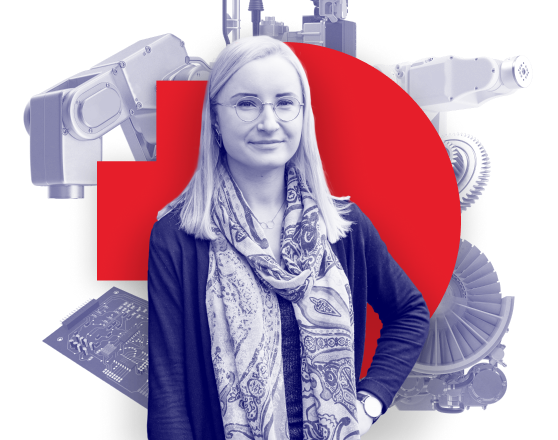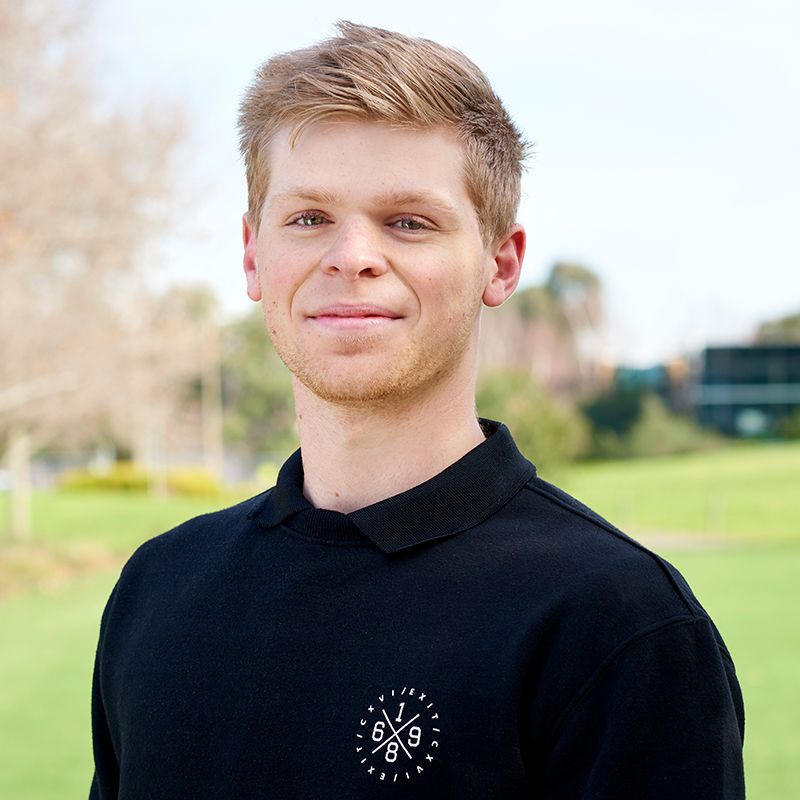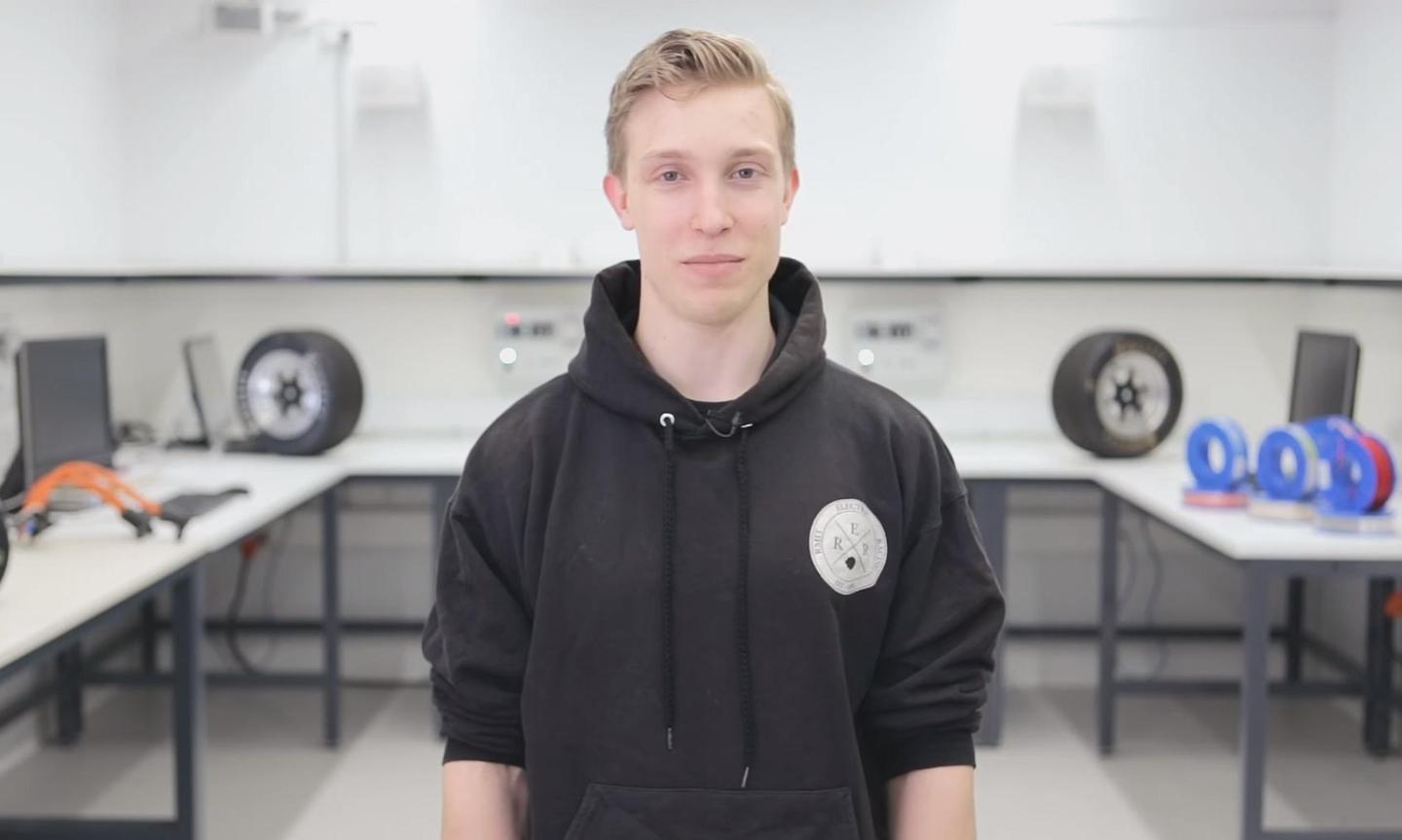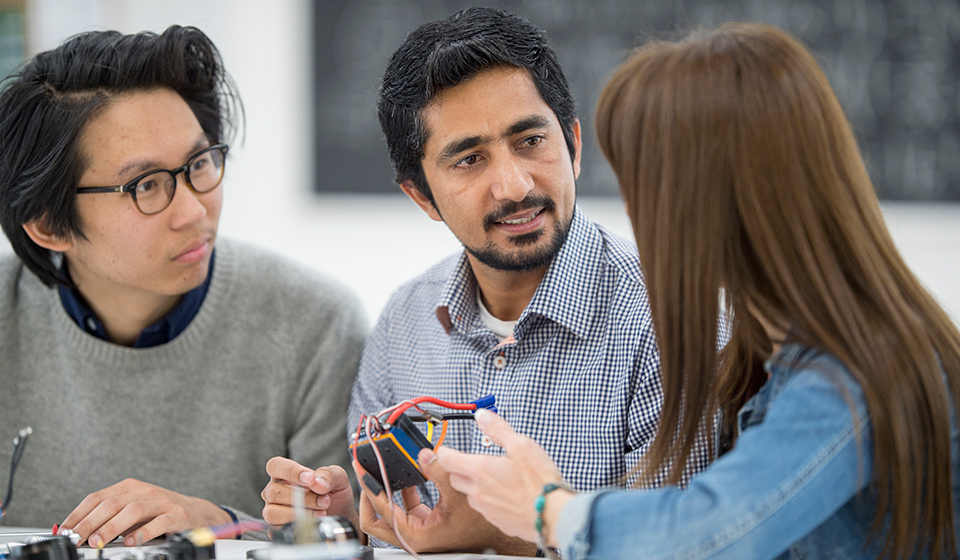Sartori Memorial Scholarship
For students commencing an engineering degree at RMIT; worth up to $32,000.
RG Kayler-Thomson Memorial Scholarship
For mechanical engineering students who have completed MIET2421 and MIET2422; worth $5,000 for the semester.
BAE Systems Australia William-Hicks Scholarship for Women in Engineering from Regional Australia
For first-year or second-year Bachelor of Engineering students, who identify as a woman and are from a rural/regional area; worth up to $60,000.
BAE Systems Australia First Nations Scholarship in Engineering
For first-year or second-year Indigenous Bachelor of Engineering students; worth up to $40,000.







